A father’s hope for his malnourished son in rural Cabo Delgado
Mozambique: Reconstruction on the move in Cabo Delgado

FILE PHOTO - For illustration purposes only. [File photo: DW]
- Since the restoration of security in the district of Macomia, almost all the infrastructure destroyed by the terrorist incursion there has been rebuilt. But the causes of conflict remain to be tackled, businesspeople warn.
Information on the state of reconstruction in Macomia district, Cabo Delgado province, was shared on Wednesday (24-02) by the Northern Integrated Development Agency (ADIN) in a seminar in Pemba co-organized by the Observatório do Rural Environment and the Catholic University of Mozambique.
ADIN representative João Correia made it known that the re-inauguration of a number of projects would take place in the coming days.
The work was carried out after the restoration of security by the Mozambican Defence and Security Forces, which have military support from Rwanda and the Southern African Development Community Mission in Mozambique.
Peacebuilding after conflict
Following the reconstruction of infrastructure in areas affected by terrorism, ADIN points out as the next challenge the development of actions aimed at building peace in the post-conflict period.
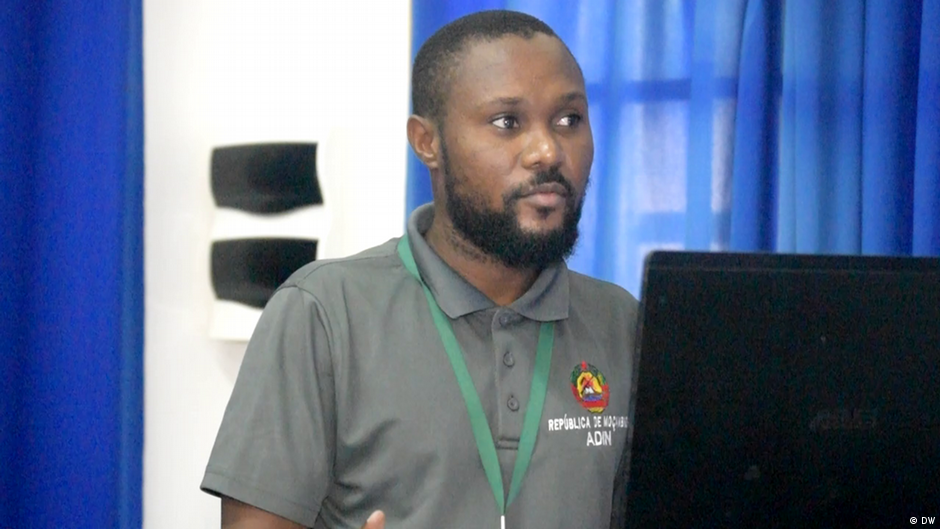
“There is a lot of talk about reconstruction from an infrastructure point of view, but we must also rebuild minds, the social fabric. People need to gain more confidence and feel safe to start over and forget about the dark past,” Correia said.
The government has not yet formally ordered the return of displaced populations to their areas of origin, but researcher João Feijó, from the Observatório do Meio Rural, notes with concern the circulation of communiqués requesting that civil servants from the affected districts return to their workplaces.
“There are reports indicating that teachers are being recalled to Palma and Muidumbe,” the researcher says.
Feijó drew attention to the need for greater care in the relocation of populations to their areas of origin. “Is the distribution of these populations to isolated villages going to be a trap?” he asks. “Will they fall into the wolf’s mouth, reviving the insurgency?”
Weapons are not a “single-track” solution to terrorism
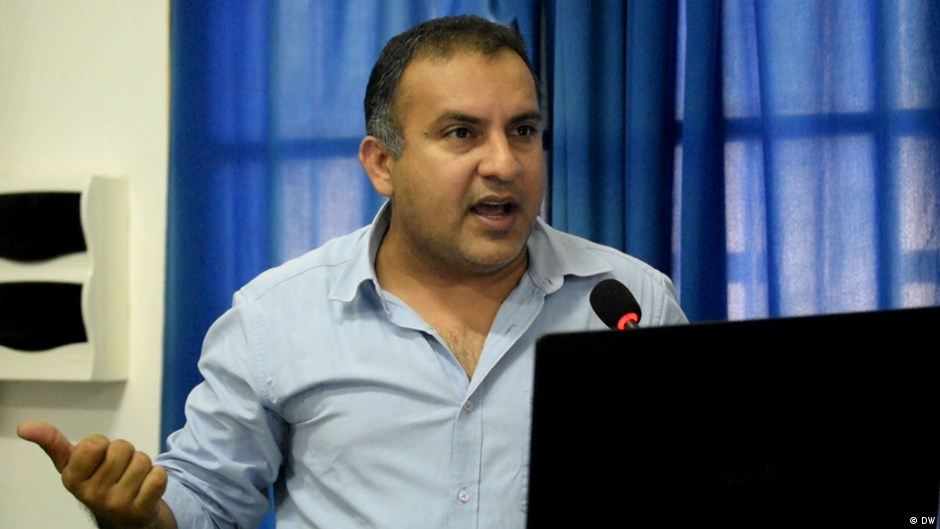
At the meeting, Cabo Delgado businessman Assif Osman said that the ongoing military intervention, which aims to end the conflict that has been ravaging the province for about four years, must be accompanied by action to combat local poverty.
“It is important that people realise that resolving this conflict is not just a matter of military intervention,” he pointed out.
Osman admits that military intervention was necessary and congratulates those involved on their success. But there is more to it than that, he says.
“We have to be aware that this success will always be apparent, will always be temporary, unless it is accompanied by a set of structural and economic measures to overcome the problem of poverty in the province.”
Source: Deutsche Welle



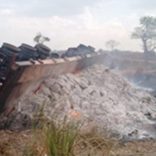
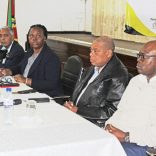

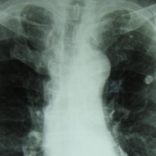





Leave a Reply
Be the First to Comment!
You must be logged in to post a comment.
You must be logged in to post a comment.